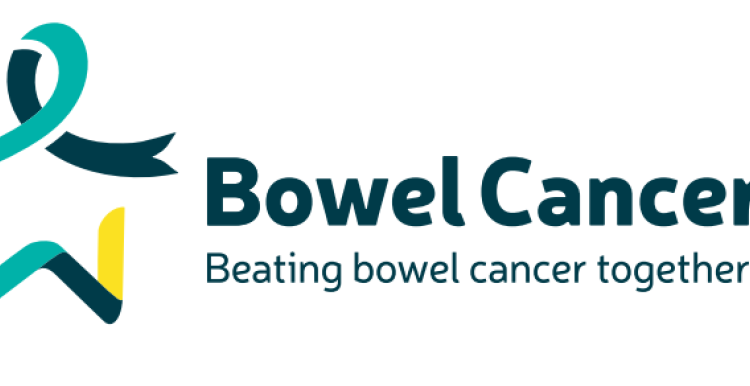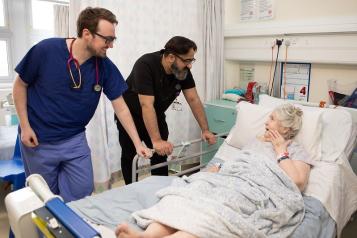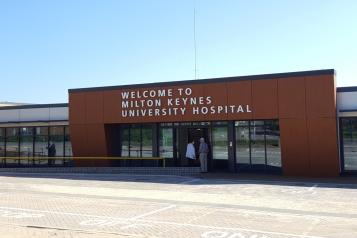Bowel cancer: what to look for

Bowel cancer is cancer that begins in the large bowel, which is made up of the colon and rectum. It’s sometimes called colorectal cancer.
What are the symptoms of bowel cancer?
Bowel cancer can affect anyone, whatever your age, gender, ethnicity or where you live.
- Bleeding from your bottom
- Blood in your poo
- A change in your pooing habits. You might be going more or less often, or have diarrhoea or constipation that might come and go
- Losing weight but you’re not sure why
- Feeling very tired all the time but you’re not sure why
- A pain or lump in your tummy
- Having these symptoms doesn’t always mean you have bowel cancer, but it’s still important to find out what’s causing them.
What should I do if I have symptoms of bowel cancer?
If you have any of these symptoms, or if you’re worried about any changes that you notice, visit your GP and ask about an at-home test. It’s important to know that not everyone will have all the symptoms of bowel cancer, or they may get different symptoms at different times. Even if you have just one symptom, your GP will want to see you.
What is the at-home test?
We know that talking about poo and going to the toilet can be embarrassing, but your GP will understand and will be used to talking about these things. Seeing your GP as soon as you can when you have symptoms can help to diagnose bowel cancer early. The earlier that bowel cancer is diagnosed, the more treatable it’s likely to be.
Bowel Cancer Awareness month
April is Bowel cancer Awareness month, and this year the campaign is inviting anyone with lived lived experience of bowel cancer to share their story to a 'story wall' to help others.
You can find reliable information and support about all aspects of bowel cancer on the Bowel Cancer UK website.


